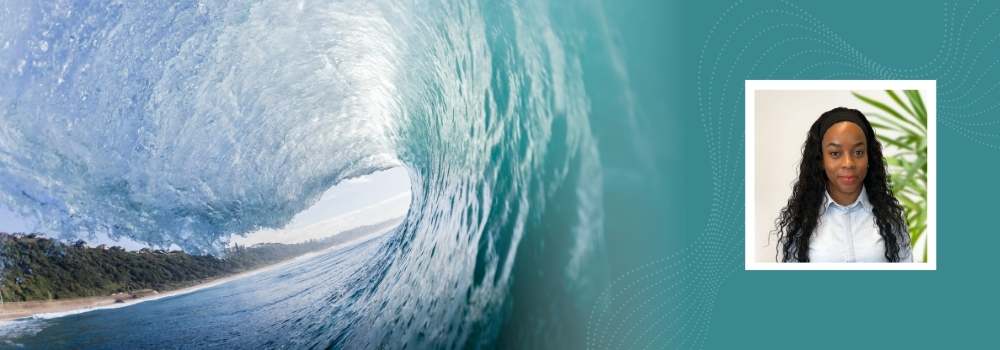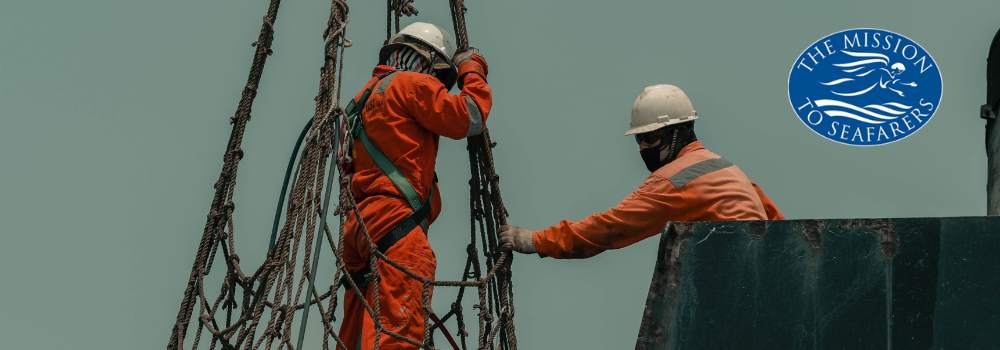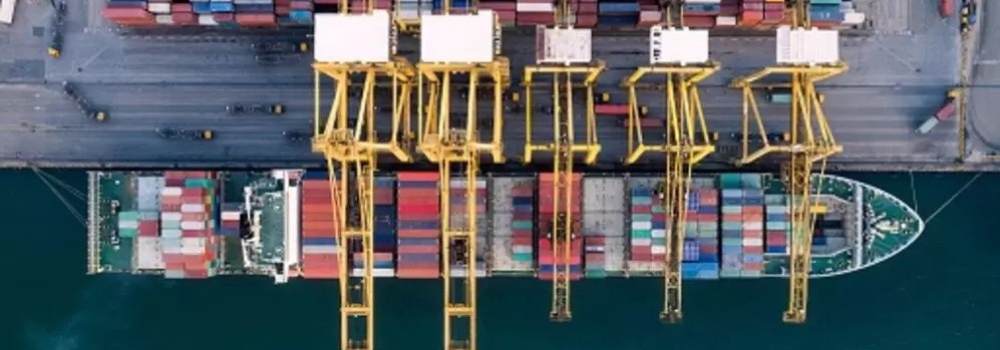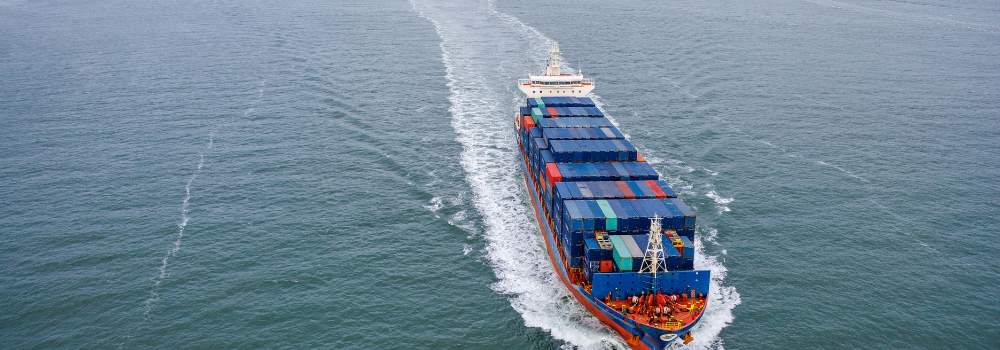We asked Spinnaker newcomer, and Recruiter Resourcer on the Legal, P&I, and Insurance desk Clementine Matiwaza for her thoughts on her first 6 months working in the shipping industry.
What were you expecting from your first few months at Spinnaker?
When I first joined Spinnaker, I was stepping into completely unfamiliar territory in the shipping industry. Despite my experience as a consultant for other legal sectors, I knew little about the specific nuances of the shipping industry. As I embarked on this new role, I anticipated that a significant portion of my time would be dedicated to immersing myself in industry-specific terminology, gaining a deep understanding of various job functions within the sector, and engaging with potential candidates to comprehend their unique skill sets and experiences.
What have been the highlights so far?
The most enriching aspects of my role at Spinnaker have been the opportunities to engage with esteemed clients and to converse with exceptional candidates within the shipping industry. Working alongside an outstanding team on the Legal, P&I, and Insurance desk has been a privilege, and I have received exceptional support from the other recruitment desks, business development, marketing, and the HRC team.
Additionally, I have had the privilege of participating in the social committee, contributing to the coordination of monthly events aimed at expressing gratitude and acknowledging the valuable contributions of our employees.
Lastly, the most fulfilling part has been receiving positive feedback from helping others secure the roles they were seeking. The kind words have not gone unnoticed and motivate me to work even harder for others.
“Clementine (“Clem”) was spot on right from the beginning. She explained the recruitment process with exceptional clarity. From our initial conversation, she provided a comprehensive overview of the job details, including the role’s responsibilities, requirements, and benefits. She outlined each stage of the interview process, detailing what to expect and how to prepare effectively. Clem also clearly communicated the next steps after each interview, ensuring I was always well-informed about the timeline and what to anticipate. Her transparent and thorough approach made the entire recruitment process smooth and stress-free.
I had a highly positive experience with Clementine (“Clem”). From the initial contact on LinkedIn to the final stages of the hiring process, Clem demonstrated exceptional professionalism and dedication. For instance, she maintained clear and timely communication throughout the process, ensuring I was well-informed about each step and what to expect next. She took the time to understand my career goals, skills, and preferences, and matched with a role that perfectly aligned with my aspirations. After each interview, Clem followed up promptly to gather feedback and provide insights, helping me improve and stay positive. Clem’s friendly and personal approach made the entire experience enjoyable and stress-free. Overall, I am grateful for Clem’s assistance and highly recommend Spinnaker to anyone seeking professional and dedicated recruitment services.”
What is the most interesting thing you have learned about the shipping industry?
One of the most fascinating things I have learned is the wide array of ship variations and the different roles they play in various industries around the world. It’s incredible to think about how these vessels, from massive cargo ships to elegant cruise liners and small boats, are an integral part of our everyday lives, whether we see them in our local harbours or encounter them while travelling. I’m particularly captivated by the intricate process of loading cargo onto ships and the immense weight of the goods being transported across oceans to destinations across the globe.
What advice would you give someone looking to move into a sector unfamiliar to them?
First, it’s important to engage in thorough research, speak to colleagues who already work in the industry, and expand your professional network. Putting yourself in situations that push you out of your comfort zone is an effective way to enhance your confidence and fully immerse yourself in your work responsibilities.
Additionally, it’s crucial to maintain confidence in your abilities, understanding that success may not come immediately. It’s a journey that may require multiple attempts, but persistence will eventually lead to achievement.
A bit of Clementine advice would give to others is to do the work and be 100% yourself, let your personality shine and people will naturally gravitate towards you.
Get in touch with Clementine via email or telephone.











